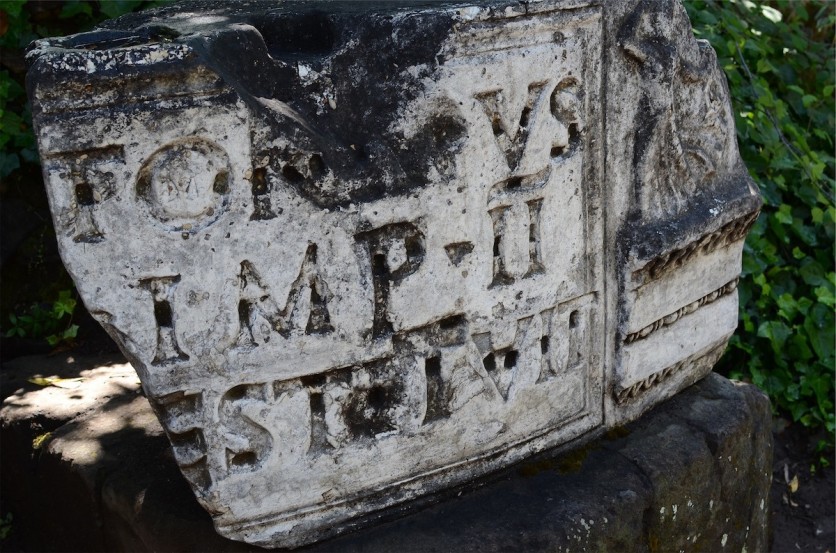
Artificial intelligence may not be quite up to speed in other functions yet it appears to be better than humans at translating ancient scrolls.
Thousands of ancient manuscripts exist, with scientists discovering more of them each year. Unfortunately, the time has damaged most of them and segments of the text are now lost or undecipherable.
Teams of scientists are tasked with figuring out what these gaps mean, but a new AI algorithm might even be better at the task.
A New AI For Reading Ancient Text
According to New Scientist, DeepMind's Yannis Assael and his colleagues trained a neural network called Pythia to figure out missing words or characters from Greek inscriptions. The text was all inscribed on stone, ceramic, and metal dated 1500 to 2600 years ago.
Pythia was taught to recognize patterns in 35,000 relics with more than 3 million words. It picks up patterns by analyzing the context of the words, grammar, and the shape and layout.
Given an inscription with gaps in the text, the AI algorithm will provide 20 suggestions and researchers can pick out the best fit using their judgment and expertise.
During the tests published in a paper recently, Assael and the team hid nine letters of a Greek name. Impressively, Pythia was able to fill the blanks correctly.
In a head-to-head test against human researchers that involved the AI attempting to figure out the missing characters in 2949 damaged inscriptions, the human experts made 30 percent more mistakes than Pythia. Additionally, humans took two hours to complete 50 inscriptions, while Pythia only took a few seconds to provide its suggestions.
The Significance Of This New Technology
Thea Sommerschield of the University of Oxford, one of the researchers involved in the study, said that Pythia shows the potential of deep learning assistance in restoration.
"The reward is huge because it tells us about almost every aspect of the religion, social and economic life of the ancient world," Sommerschield pointed out.
However, the involvement of human experts is still extremely important. Instead, Pythia is an excellent collaborative tool, making the lives of researchers easier by narrowing down their options.
"It looks to me as though the highest success rates would be achieved when... we are just missing small parts of a long text, or when there are plenty of similar parallels for a newly discovered fragmentary text," Philippa Steele of the University of Cambridge said.
ⓒ 2026 TECHTIMES.com All rights reserved. Do not reproduce without permission.




